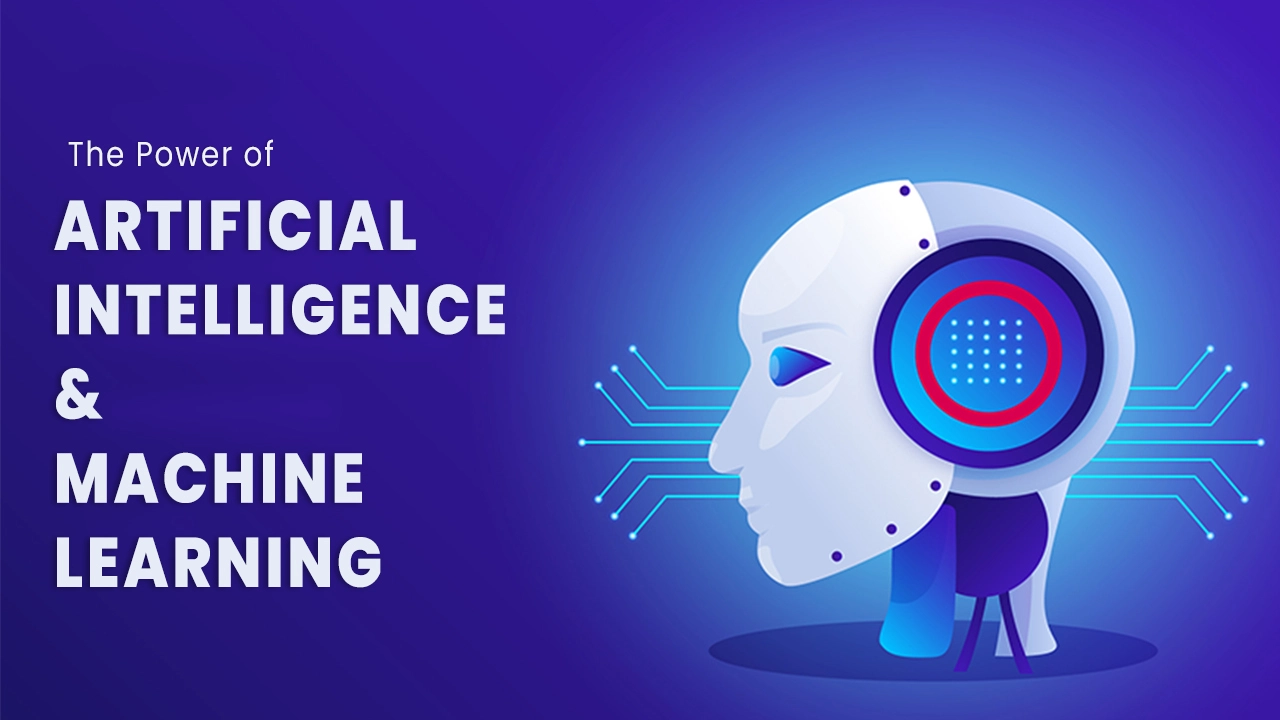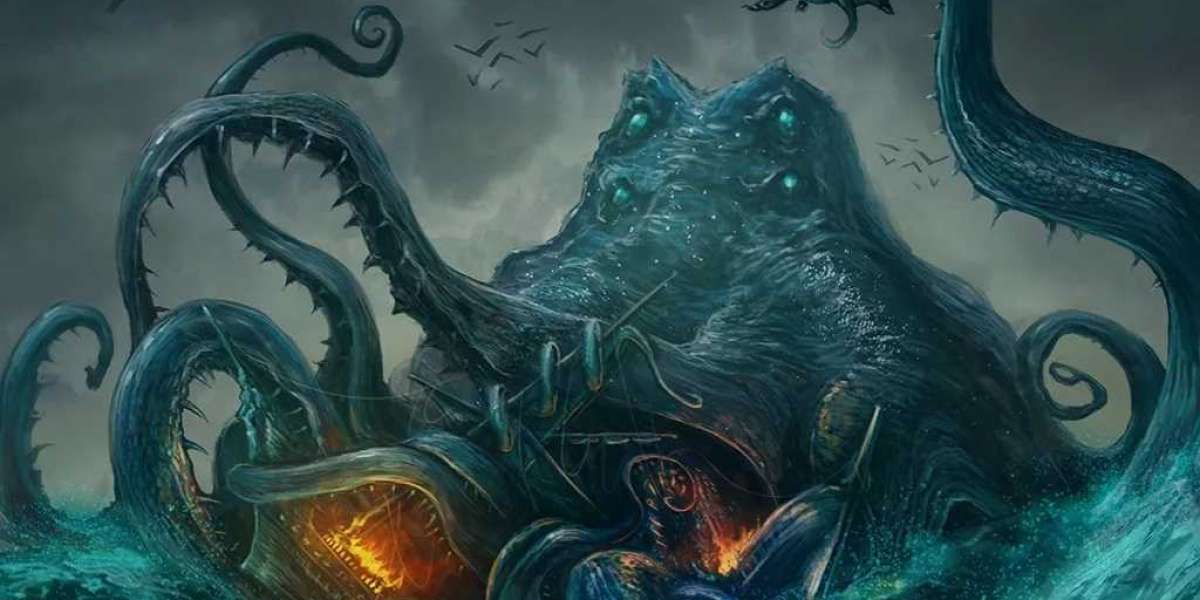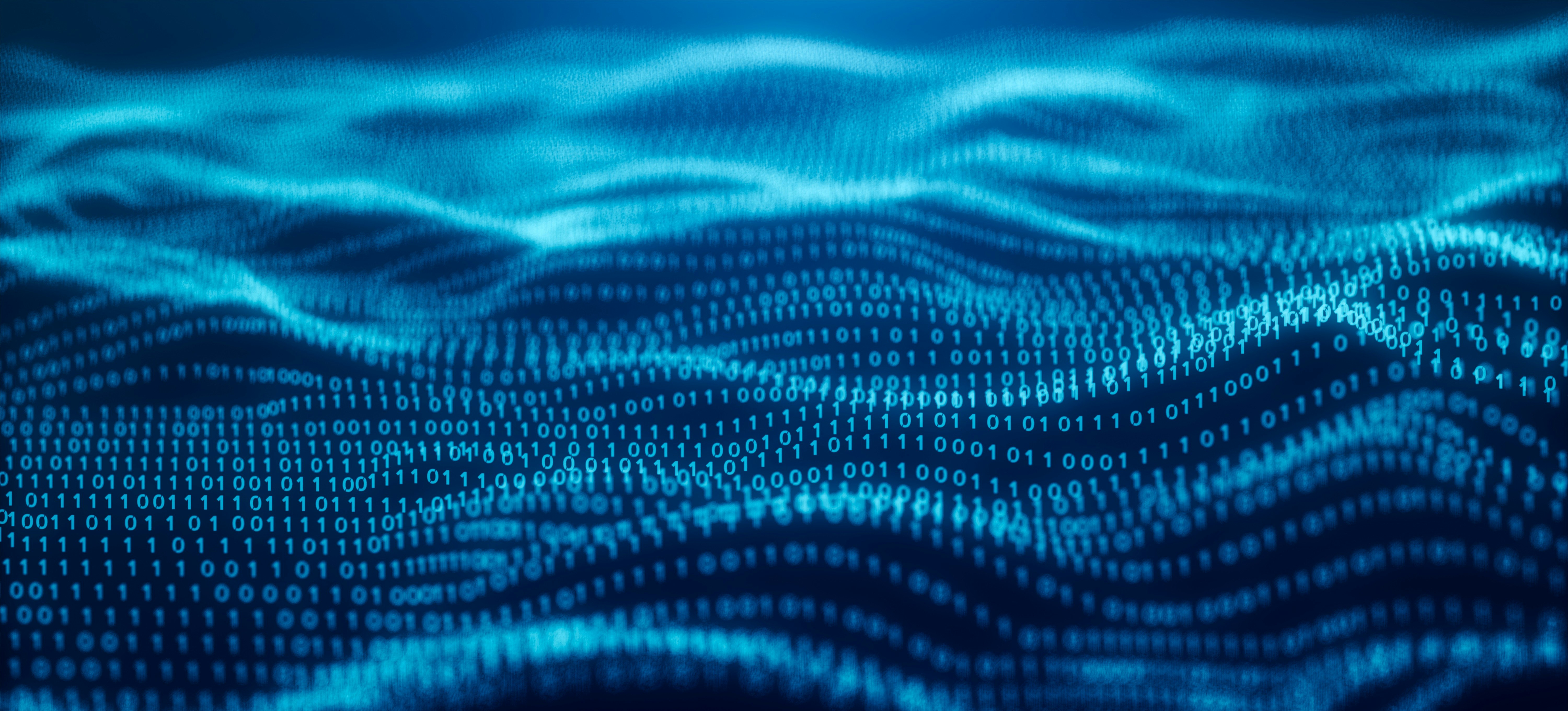
The potential of AI technology has actually been percolating in the background for many years. But when ChatGPT, the AI chatbot, started getting headings in early 2023, it put generative AI in the spotlight. This guide is your go-to handbook for generative AI, covering its advantages, limits, use cases, potential customers and a lot more.
What is OpenAI?

- Share this item with your network:
-
-
-
-
-
-.
-.
-.
-
- Cameron Hashemi-Pour, Former Site Editor
OpenAI is a personal research lab that intends to establish and direct synthetic intelligence (AI) in methods that benefit humanity as a whole. The company was established by Elon Musk, Sam Altman and others in 2015 and is headquartered in San Francisco.
OpenAI was developed in part since of its creators' existential issues about the capacity for catastrophe resulting from recklessness and misuse of general-purpose AI. The company has a long-term focus on basic advances in AI and its capabilities. The founders of the company and other financiers began the company with a $1 billion endowment. In February 2018, Elon Musk left the business due to a possible dispute of interest with his work at Tesla, the automobile and clean energy business motivated by Nikola Tesla.
The specified intent of the business-- to pursue safe artificial general intelligence (AGI) for the benefit of mankind-- is shown in its goal to freely collaborate with other research study organizations and individuals. Research and patents made by the business are intended to stay available to the public except in cases where they might negatively affect security.
Timeline and history of OpenAI

OpenAI was initially focused on establishing AI and device learning tools for video games and other recreational purposes. Less than a year after its official founding on Dec. 11, 2015, it launched its first AI offering: an open source toolkit for establishing reinforcement learning (RI) algorithms called OpenAI Gym. Over the next 2 years, OpenAI concentrated on more general AI advancement and AI research.
This short article belongs to
What is Gen AI? Generative AI described
- Which likewise consists of:.
8 leading generative AI tool categories for 2025.
Will AI replace jobs? 17 task types that might be impacted.
25 of the very best big language designs in 2025
In 2018, OpenAI published a report to describe to the world what a Generative Pre-trained Transformer (GPT) is. A GPT is a neural network, or a maker finding out model, created to operate like a human brain and trained on input, such as big data sets, to produce outputs-- i.e., answers to users' questions.
In March 2019, OpenAI shifted from nonprofit to capped-profit status and became formally called OpenAI LP, managed by moms and dad company OpenAI Inc. Almost two years later on, in January 2021, OpenAI introduced Dall-E, a generative AI design that analyzes natural language text from human users and then creates images based on what is described in the text.
Perhaps the company's best-known product is ChatGPT, released in November 2022 and declared as the world's most sophisticated chatbot for its ability to offer responses to users on a seemingly limitless variety of topics. Its advantages and drawbacks, as well as its usages in various markets, are still being debated.
Elon Musk no longer serves on the board of the company, and co-founder Sam Altman acted as the company's CEO up until November 2023 alongside president and chairman Greg Brockman, shiapedia.1god.org previously the CTO of financial services and SaaS business Stripe; and chief researcher Ilya Sutskever, previously of Google.
In November 2023, Altman was fired from his position by the board of directors, mentioning that Altman was not candid in his interactions to the board. Soon after, Brockman left the company. Both were worked with by Microsoft three days after leaving the business.
Emmet Shear, co-founder of Twitch, was employed as the interim CEO at OpenAI after Altman's departure. Following Altman's firing, roughly 500 of OpenAI's staff members said they would quit if the board of directors didn't step down. After simply 5 days, Altman and Brockman were re-hired in their original roles at OpenAI with a brand-new board of directors.
Notable jobs and releases
OpenAI has been deemed advanced for its notable product offerings, which consist of the following:
GPT-3. This effective large language design (LLM) functions as the basis for other OpenAI products. It analyzes human-generated text to discover to generate comparable text on its own.
GPT-4. Released in March 2023, GPT-4 provides multimodal AI functionality, where it can examine both text and images.
GPT-4o. Introduced in May 2024, GPT-4o boosted multimodal ability to recognize images, text and audio. GPT-4o is more conversational than other models. GPT-4o will recognize the user's screens and images and ask concerns about them.
OpenAI o1. Released in September 2024, OpenAI o1 is an LLM with boosted thinking performance. Instead of supplying a response as quickly as possible, o1 "thinks" through the right method to resolve an issue for more precise reactions.
OpenAI o3. Announced in December 2024, this o1 successor design has two variations-- o3 and o3-mini. These designs utilize what OpenAI calls a "personal chain of idea" in reinforcement knowing, which teaches the o3 design to pause and analyze internal discussion utilizing simulated thinking before producing replies. OpenAI plans to launch o3-mini to the public in January 2025.
ChatGPT Search. This AI search engine is currently built into ChatGPT for Plus and Team users. The search feature supplies current information from the internet and allows ChatGPT to complete with other online search engine. It was released in October 2024.
Dall-E and Dall-E 2. These generative AI platforms can evaluate text-based descriptions of images that users desire them to produce and after that generate those images exactly as described.
Clip. Clip is a neural network that synthesizes visuals and the text relating to them to forecast the very best possible captions that a lot of precisely explain those visuals. Because of its capability to find out from more than one kind of information-- both images and text-- it can be categorized as multimodal AI.
ChatGPT. ChatGPT is presently the most innovative AI chatbot designed for producing humanlike text and producing responses to users' questions. Having been trained on big information sets, it can create responses and actions the method a human would. Since its creation, larsaluarna.se updates to this tool have enabled it to communicate with users through voice discussion and images.
Codex. Codex was trained on billions of lines of code in various programs languages to help software application developers streamline coding procedures. It's founded on GPT-3 technology, however instead of generating text, it creates code.
Whisper. Whisper is labeled as an automated speech acknowledgment (ASR) tool. It has actually been trained on a wide variety of audio data in order to acknowledge, transcribe and translate speech in about 100 different languages, including technical language and various accents.
ChatGPT Enterprise. Although this resembles the customer version of ChatGPT, the enterprise version lets users build the training of their model. This edition also assesses the recent incremental changes made to ChatGPT.
Custom GPTs. GPTs are custom-made versions of ChatGPT that users can customize to specific use cases without any code. Verified GPT contractors can share custom-made GPTs in the GPT store and make money doing so.
OpenAI and Microsoft
At the start of 2023, Microsoft openly devoted to a multibillion-dollar financial investment in OpenAI, however its interest in the business is nothing brand-new. In July 2019, OpenAI participated in a multiyear collaboration with Microsoft in which Microsoft's cloud platform, Azure, has been boosted by AI-based computing items.
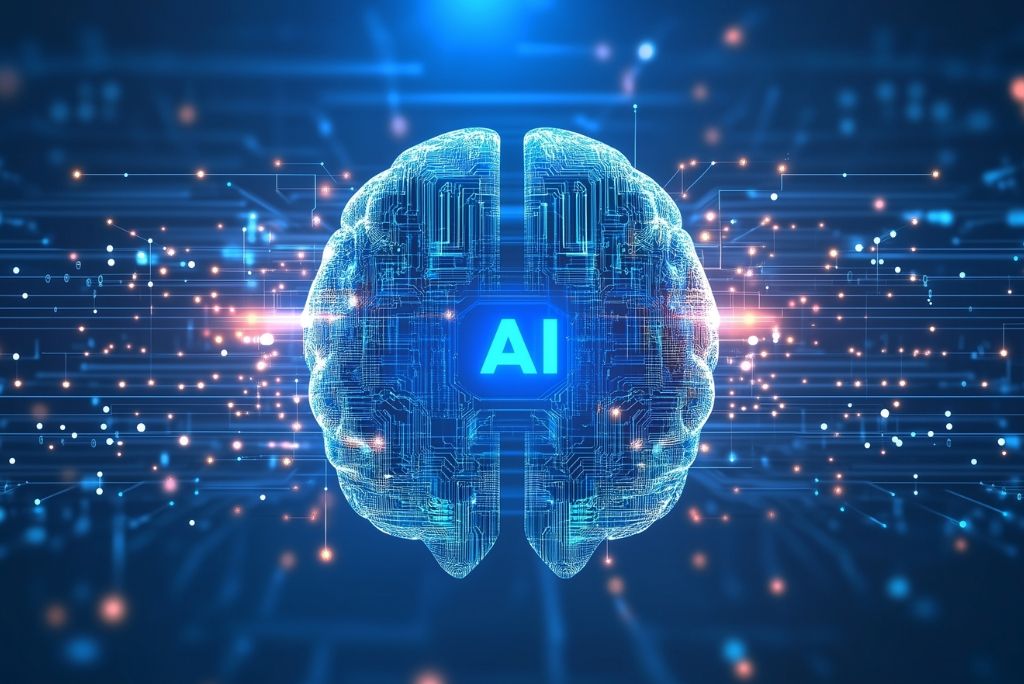
Microsoft's newest investment in OpenAI encompasses Bing, its online search engine. The business is using the same innovation developed for ChatGPT to produce an AI-infused version of Bing. Concurrently, AI-based functions have likewise been contributed to Microsoft's Edge browser, and ChatGPT functionality is being contributed to Microsoft 365 products such as Outlook and Teams.
Criticisms of OpenAI
Despite all these quick advancements, OpenAI has actually not been immune to criticism, both worldwide of tech and beyond. The business's shift from "not-for-profit" to "capped earnings" status in 2019 fueled criticism that its commitment to working with others on building "safe and advantageous" general expert system had actually ended up being a profit-driven "AI arms race" to produce the most sophisticated AI technology on the marketplace. Simultaneously, others have actually expressed issues about OpenAI's growing lack of transparency into how its innovative products are being established, provided its dedication to establishing open source software.
More just recently, the debut of ChatGPT in late 2022 has actually entered a fair deal of criticism along with the extensive praise for its revolutionary capabilities. The technology has actually been accused of producing "hallucinations" or other factually unreliable answers that are ostensibly smart and gratisafhalen.be well composed, yet don't hold up under analysis. While this is perhaps the most notorious drawback of the platform, others include its potential to plagiarize from other sources as well as its constraints in producing responses on the most current news. The information set it was trained on was from 2021, so the content it creates might disservice those who need info on present events. OpenAI updated ChatGPT Plus in November 2023 to include info up to April of that year.
OpenAI's chatbots are among numerous that faced security concerns early in 2023. Aside from the assistive abilities of these resources, scientists likewise identified harmful content in their reactions. Examples of these include details on how to build a bomb, in addition to guidance on how to carry out identity theft and steal from a charity.
International apprehension surrounding AI likewise continues to emerge. The French and Italian governments, for instance, offered demands and assessments for OpenAI. Meanwhile, the U.S. White House requested further information associated to the risks connected with AI.
Lawsuits surrounding copyright with OpenAI have likewise come up. In June, creators dealt with scrutiny amid a charge from Joseph Saveri Law Office. Made on behalf of 5 book authors, this allegation showed ChatGPT and its underlying LLMs-- GPT-3.5 and GPT 4-- contained copyrighted products. Specifically, it implicated these sources of using the authors' copyrighted works for summaries to train the LLMs. This occurred without permission from the authors.
The New York Times likewise took legal action against OpenAI and Microsoft in December 2023 for copyright infringement, implicating them of illegally copying posts to train LLMs and create AI products that contend with The New york city Times. The paper was the first significant news company to sue OpenAI and Microsoft for utilizing their publications to train AI systems.
Among concerns, actions to improve the system typically take place. In action to the suspicion surrounding ChatGPT, OpenAI presented ChatGPT Enterprise in August. With this new variation, organizations can have a better hold on model training and the information that exists within models. However, there stays a lack of clearness surrounding the training data used by the design. As such, demo.qkseo.in business have shared issues about the model utilizing copyrighted product for training.
OpenAI has likewise dealt with criticism surrounding absence of diversity on its board of directors. Critics noted the board's lack of representation isn't in line with the company's mission to "benefit all of mankind." Following the shooting and rehiring of Sam Altman in November 2023, OpenAI ousted its only 2 female board members and restored a board comprised exclusively white guys. Lawmakers in Washington also suggested that OpenAI diversify its board following the restructuring.
The future of OpenAI
OpenAI has actually not provided substantial public commentary on future plans, but based on current investments, democratization of AI is a clear objective of the Microsoft-OpenAI collaboration, as nontechnical experts must quickly have more AI tools at their disposal that do not require AI knowledge.
Microsoft has likewise done something about it that seem to indicate the anticipated development of OpenAI and similar resources. In 2023, the company announced a financial investment of more than $13 billion in OpenAI. With the goal of sustaining the use of AI for numerous functions, the investment gained a big quantity of support following its comparison to the web revolution.

In the 1990s, Bill Gates launched a memo that described the web as a "tidal bore" that would have a big influence on Microsoft. While referencing this memo, Microsoft CEO Satya Nadella recently noted the resemblances in between web and AI growth. Furthermore, Microsoft is aiming to use these tools to support development.
In parallel with its expected development, OpenAI hosted its first ever developer conference in November 2023. At the event, OpenAI revealed GPT-4 Turbo, a language model with a substantially larger context window than its predecessors, a less expensive API prices design and a later training information cut. OpenAI likewise debuted adjustable GPTs, a "Copyright Shield" that will safeguard customers from legal action, and GPT shop where users can monetize and access custom GPTs.
In December 2023, OpenAI struck an offer with media business Axel Springer to use its news content in OpenAI's products. This lets ChatGPT give news summaries from Axel Springer's outlets, that include Politico and Business Insider. The offer reveals OpenAI's intent to check out opportunities in AI-powered journalism.
Currently, OpenAI remains in early talks with the California attorney general of the United States's workplace to change is corporate structure from a capped-profit company to a for-profit organization. OpenAI started as a nonprofit AI research laboratory in 2015.
Continue Reading About What is OpenAI?
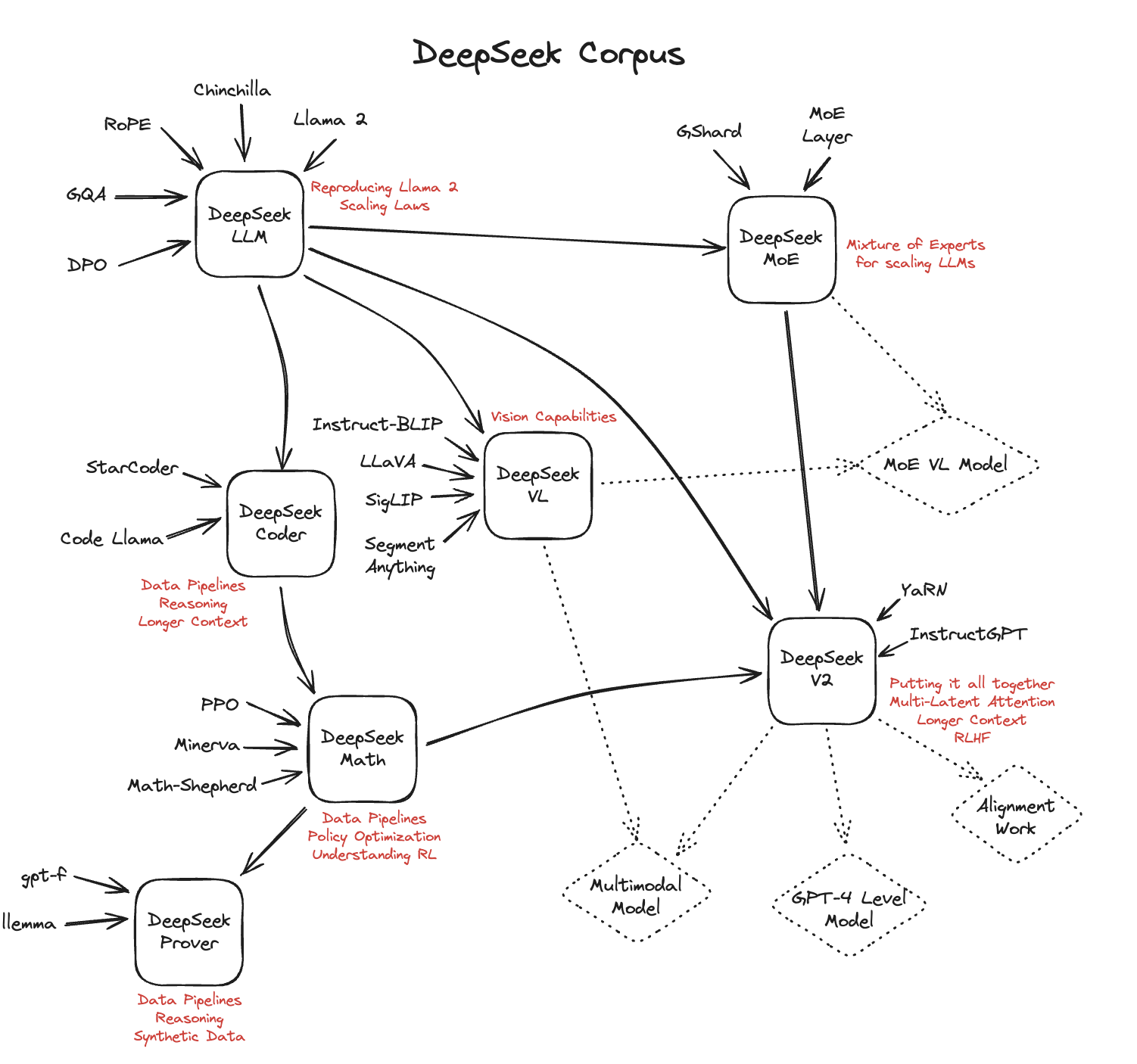
What is generative AI? Everything you require to understand
Bard vs. ChatGPT: What's the difference?
